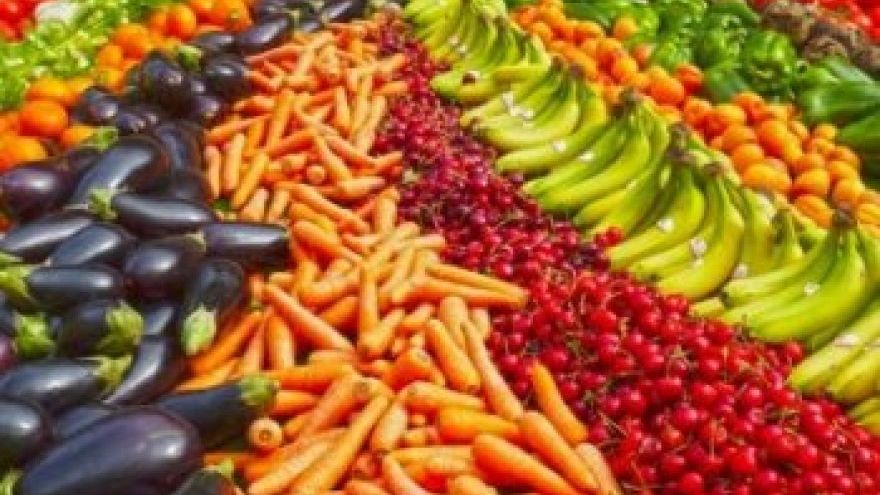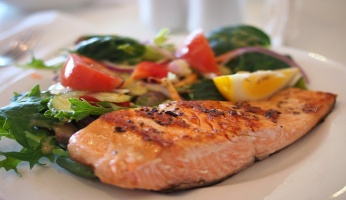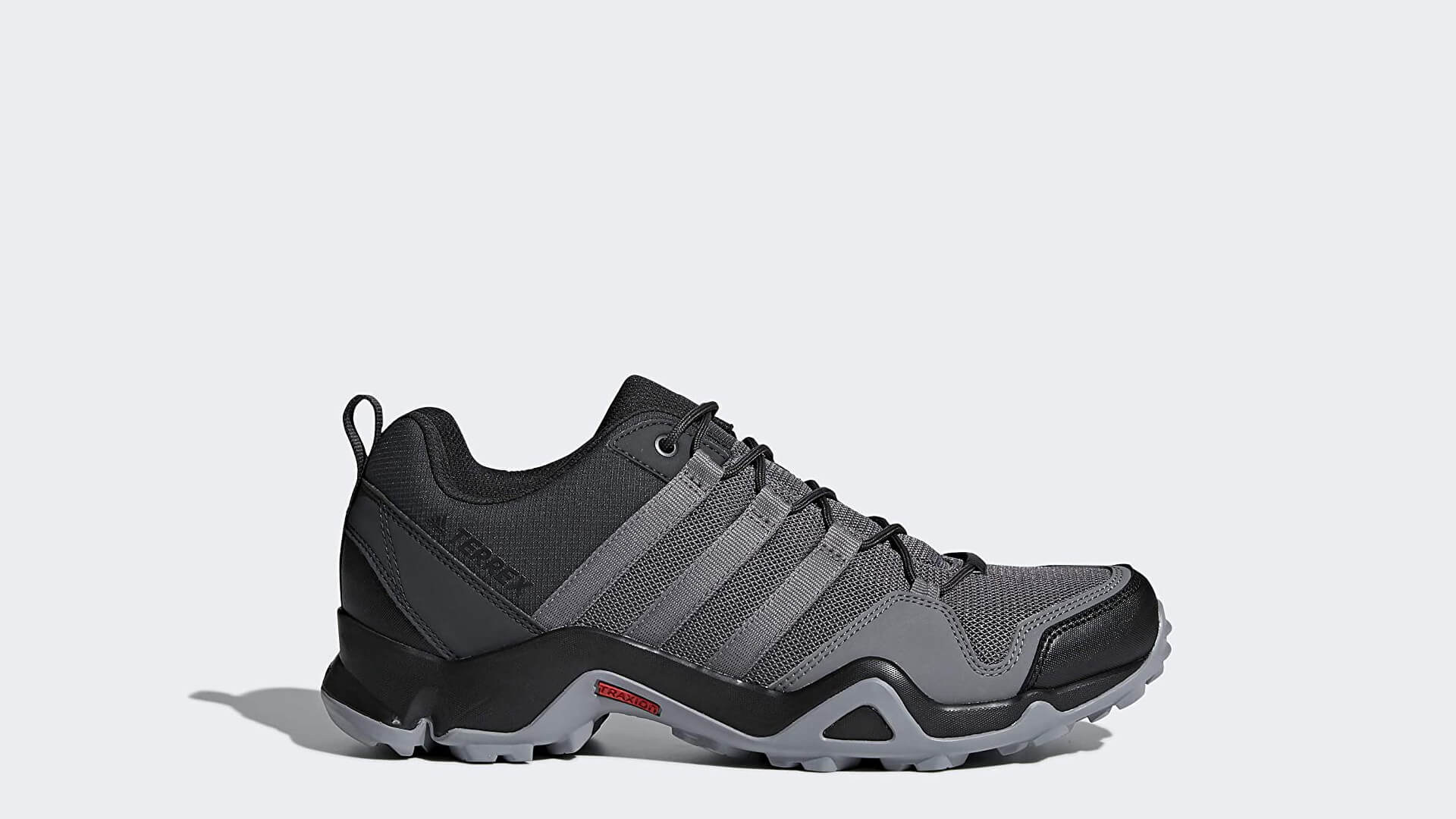Vegan vs. Vegetarian: What Are the Differences?
 Vegan vs. Vegetarian: What Are the Differences? www.walkjogrun.net
Vegan vs. Vegetarian: What Are the Differences? www.walkjogrun.net When you go out to dinner, you will have heard someone around you say that they are vegetarian. You may even know someone vegetarian, but today you may also hear the term vegan. They both eat vegetables and dislike meat, so what is the difference between the two of them? In this blog, we will give you the answers to that question, so if you are thinking about becoming one of these, you will know what you are getting into.

Vegan vs. Vegetarian
Let us look at what each of these means. Vegans are vegetarians, but they have more restrictions on their diet, and they also base it on the use of consuming animal byproducts.
 Vegan
Vegan
Vegans are people who live what they consider a lifestyle. They will not eat any meat, but they will also not have anything to do with byproducts from animals. This would include milk, eggs, honey, gelatin, and fish. Their main source of food will be in the form of beans, grains, fruits, vegetables, and nuts or seeds. This also means that in their lives, they will not have any animal-based products, such as household items, clothing, or even cosmetics. According to some research, there are different types of vegans.
- Ethical Vegans: They put their ethics first, not their stomachs.
- Plant-Based Vegans: They live on plants that grow from the ground only.
- Raw Vegan: They will eat nothing that will be cooked above a certain temperature, fearing that it will lose its nutrients and enzymes.
Vegetarian
There are different levels of being a vegetarian, each of these has different rules. They live on plant products but based on what they eat also will determine what class of vegetarian they are.
- Lacto-ovo-vegetarian: This class will eat dairy and eggs, but no meat, fish or poultry.
- Lacto-vegetarian: This class will eat dairy foods, but avoid the meat, poultry, fish and eggs, along with any foods that contain those products.
- Ovo-vegetarian: This class will eat eggs, but avoid dairy, fish, poultry, and meat.
- Pesco-vegetarian: This class will eat fish and other seafood, but not meat.
- Semi-vegetarian: This class will occasionally eat meat but control the amount of intake they get.
Reasoning Behind Vegan and Vegetarians
One of the more popular reasons that most people become vegan is because of the treatment of animals, and the belief that we should protect them under the same laws as humans. They will become a vegan because of this belief, whether it be political or moral issues, however, some will become this way because of their health.
Another reason one will become a vegan is because of health issues. Some of those concerns are the safety of the products we get from the grocery store. They are unsure of the packaging and handling of the products before buying them.
Religion is another reason some will follow this way of life. Christians will recall Lent during a period they cannot eat meat, while other religions are geared towards a vegetarian diet.
Nutritional Deficits
One of the main concerns with both diets is the deficiencies in nutrients that are found in meat or have poor absorption when eating plant-based foods. This would mean that they are severely lacking in vitamin B12 and Iron.
B12
There is an unusually high amount of people who have a B12 deficiency. Energy production, red blood cell formation, and proper brain function are just some reasons that B12 is important. Anemia is one of the main diagnoses of low B12 deficiency, which can lead to permanent nerve damage.
Most doctors will recommend that if you choose one of these lifestyles, you should be taking a proper vitamin B12 supplement. There are many types of supplements out there for vitamin B12, but if you look hard enough, there will be one’s out there that are for vegans or vegetarians. They will have the natural forms of vitamin B12 instead of processed.
Iron
Iron deficiency is a concern because of the iron that is found in animal tissue, which is absorbed faster than plant food iron. Since fast absorption can lead to high iron toxicity, they recommend it to anyone that practices vegan or vegetarian to have their levels checked consistently. Take supplements if the doctor recommends it.
Health Benefits
Now many of you may think there cannot be too many health benefits for anyone who practices not eating meat. When we were growing up, you needed to have all the food groups on your plate; you learned it in school.
Well, according to most medical professionals, those that are vegan or vegetarian will have lower risks of diabetes, heart disease, and stroke. Some even think there is a chance of protecting your body against certain cancers. It can eliminate common food allergies to shellfish and dairy being a vegan.
Those that are in diets that avoid eggs and dairy also have proven protection against hypertension, cardiovascular mortality, and even obesity. However, dairy benefits are in question by some in the medical community, because the intake of dairy can protect against chronic diseases, but whole milk in men can contribute to elevated prostate cancer risk.
 Vegetarian Labelled Products
Vegetarian Labelled Products
When shopping for your foods in the store, you need to be careful about the labels on products. Just because it says that it is safe for vegetarians or vegans does not mean it is. The company will interpret the definition of the FDA (Food and Drug Administration) guidelines for what they feel is necessary. The USDA (U.S. Department of Agriculture) gives information regarding nutrition if you have some concerns or would like to look at more information on how to follow a vegetarian diet.
Look for labels that are labeled with the Vegan or Vegetarian society on it, this will ensure that they approve it. If the product does not have any on it, you can always call the maker.
Vegan and Vegetarian
If you are considering a change in your diet and are thinking one of these is your best option, then check with your doctor. Remember that for some this is a serious business, so if you join this diet, make sure you have all the facts first, decide what type best suits you and that you are committed. Hopefully, the information in this blog will help you in that endeavor.















